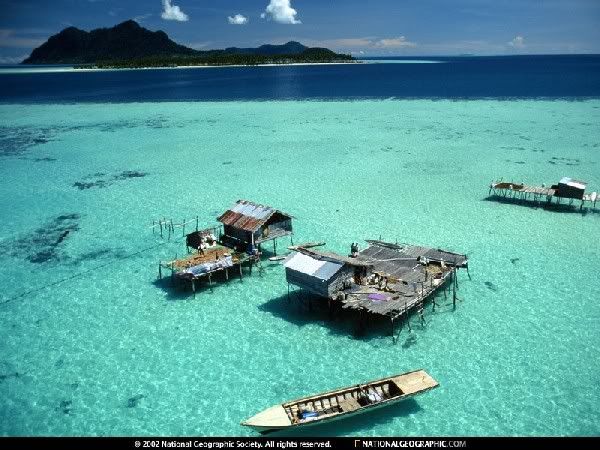# Número mundial de infectados pelo VIH registou pequena descida nos últimos anos
Trinta e três milhões de pessoas tinham a doença em 2007
29.07.2008 - 20h33 Lusa, PÚBLICO
O número de pessoas contaminadas com o vírus VIH diminuiu ligeiramente nos últimos anos, uma descida que terá sido provocada pelo reforço dos esforços globais contra a doença, avançou hoje um relatório do Programa Conjunto das Nações Unidas para o VIH/sida (ONUsida). No ano passado, o vírus contaminava 33 milhões de pessoas em todo o mundo, menos 200 mil que em 2006. O número mortes causadas pela doença também desceu, de 2,1 milhões em 2006 para dois milhões em 2007.
De acordo com o ONUsida, em 2007 foram infectadas com o VIH 2,7 milhões de pessoas, um número inferior aos três milhões que se registava em 2001. Ainda segundo o programa, por cada dois doentes com VIH em tratamento existem cinco novos casos.
A maioria dos infectados com o vírus está concentrada no continente africano, nomeadamente a sul do deserto do Sara.
O ONUSida reconheceu hoje, pela primeira vez, que os esforços contra esta epidemia começam a ter resultados concretos, alertando, porém, que 7500 pessoas são ainda infectadas diariamente em todo o mundo.
Apesar da diminuição do número de mortes e dos casos de novas infecções face a anos anteriores, o organismo considera que os níveis permanecem "inaceitáveis" e que o futuro é ainda "incerto".
O relatório, que apresenta dados relativos a 147 países, avançou igualmente que existe um decréscimo dos contágios entre mãe e filho, bem como um aumento das pessoas em tratamento.
Perto de 34 mil portugueses infectados em 2007
O Programa Conjunto das Nações Unidas para o VIH/sida adiantou ainda que em Portugal, perto de 34 mil pessoas, com idades superiores a 15 anos, estavam infectadas no ano passado com o vírus do VIH, sendo que as estimativas mais baixas apontam para 20 mil e as mais altas para 63 mil.
Em 2001, as estimativas do ONUsida para adultos e crianças falavam em 29 mil infectados no país, sendo que o melhor cenário apontava para 18 mil e o pior para cerca de 51 mil.
O mesmo relatório adianta também que o número de mortes de adultos e crianças portuguesas no ano passado devido à doença foi inferior a 500.
O mesmo documento coloca Portugal na lista de 16 países onde existe mais de 75 por cento de cobertura de tratamento antiretrovirico para adultos e crianças com a doença em estado avançado, juntamente com países como a Alemanha, Reino Unido, Irlanda, Dinamarca, Butão, Botswana, Chile, Costa Rica, Cuba, Chipre, Geórgia, Israel ou Namíbia.
O relatório não adianta números sobre as crianças portuguesas que ficaram órfãs devido à doença ou qualquer caso de infecção em menores de 14 anos.
Até ao final de Setembro do ano passado estavam registados em Portugal, segundo o Ministério da Saúde, mais de 32 mil casos de sida, com um anterior relatório das Nações Unidas a indicar que Portugal era o quarto país da Europa Ocidental com mais casos novos diagnosticados em 2006.
Em Fevereiro deste ano, o Instituto Nacional de Estatística revelou que o número de casos de sida diagnosticados em território nacional tinha diminuído entre 2000 e 2006: enquanto em 2000 foram diagnosticados 1022 novos casos de infecção, em 2006 o número baixou para 577, um decréscimo de 56,5 por cento.
Dados recentes do Instituto Nacional de Saúde Dr. Ricardo Jorge apontam para a existência de 35 mil pessoas infectadas com o vírus da imunodeficiência humana em Portugal.









